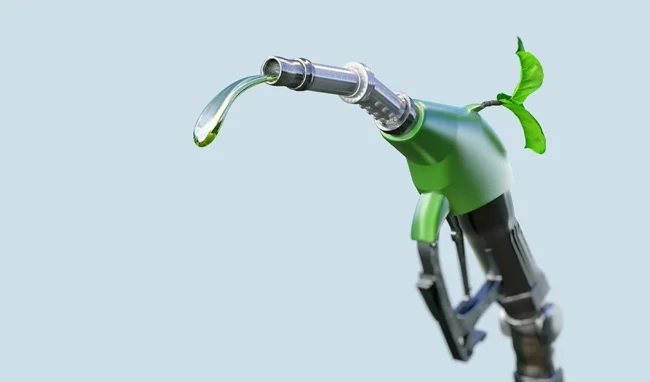Saudi Arabia, traditionally dependent on oil and gas, is now steering toward a sustainable future as part of its Vision 2030 and Paris Agreement commitments. A key strategy in this green transition is the adoption of biodiesel—a renewable fuel that could significantly cut greenhouse gas emissions and improve air quality.
Biodiesel, which is made from vegetable oils, animal fats, or recycled cooking oils, is gaining popularity as a cleaner alternative to petroleum diesel. The US National Renewable Energy Laboratory reports that biodiesel can reduce greenhouse gas emissions by up to 86% compared to traditional diesel, making it vital for achieving global climate targets.
Europe leads the way in biodiesel adoption, with nearly 200 plants producing around 13 million tonnes annually. Biodiesel’s environmental benefits include lower emissions of carbon monoxide, carbon dioxide, sulfur oxides, and unburned hydrocarbons, contributing to better air quality.

In Saudi Arabia, Red Sea Global has already taken a significant step by using low-carbon biofuels for its delivery fleet, resulting in a dramatic reduction in carbon emissions. This move not only supports environmental goals but also improves public health by reducing pollutants linked to respiratory and cardiovascular diseases.
Adopting biodiesel could be a game-changer for Saudi Arabia, helping the Kingdom achieve its Vision 2030 goals and reduce its reliance on fossil fuels. The transportation sector, in particular, could see major benefits, with biodiesel poised to lower particulate matter emissions and enhance air quality in urban areas.
As the world shifts towards cleaner energy sources, incorporating biodiesel into Saudi Arabia’s energy mix could play a crucial role in meeting the Kingdom’s climate commitments and advancing its green agenda.
COMMENTS